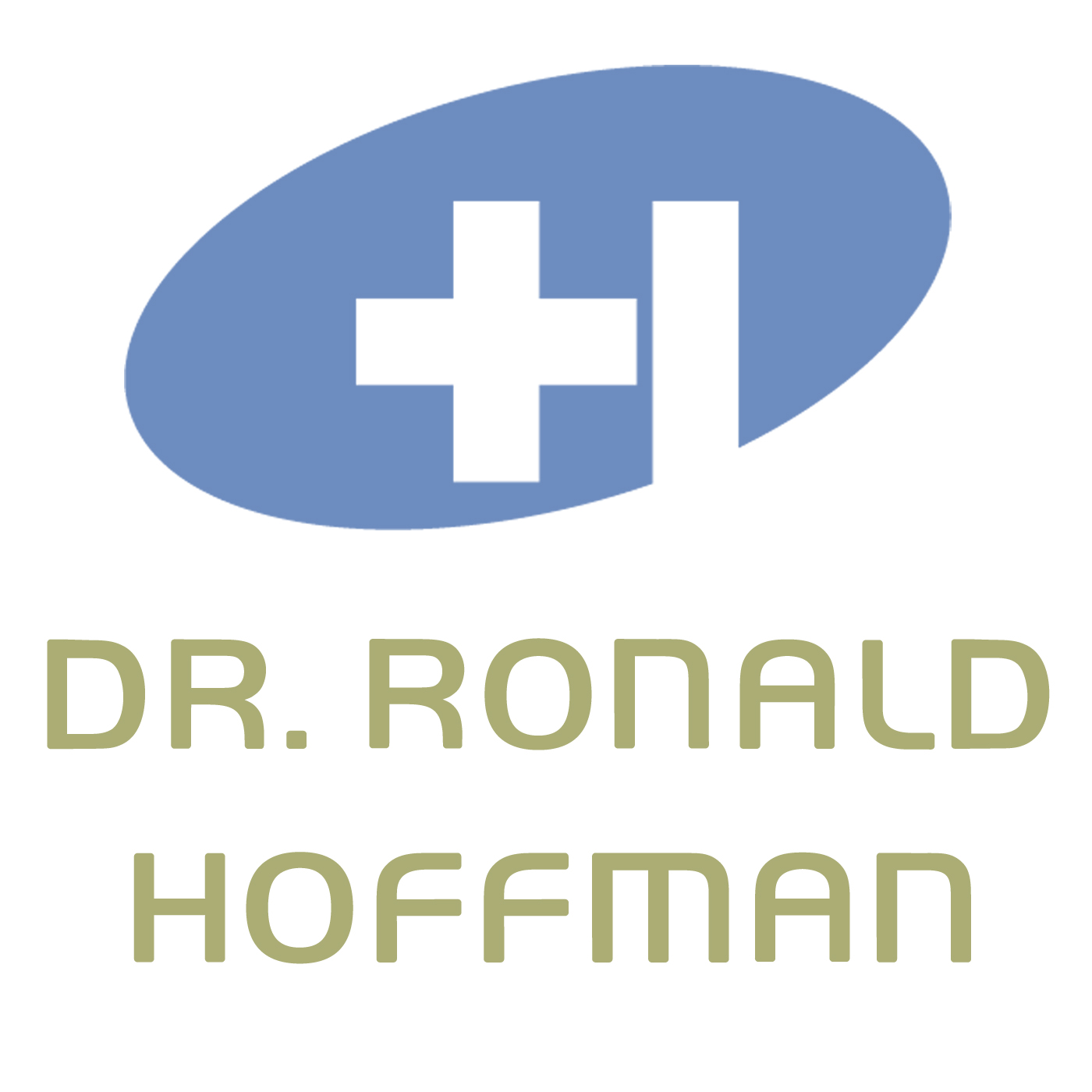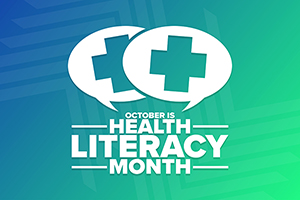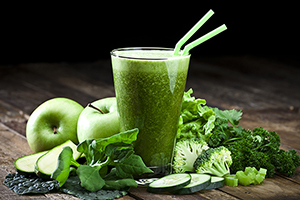| Podcast | |
|---|

|
Leyla Weighs In
July 8, 2016
The prevalence of SIBO; how to treat it and when to introduce probiotics and prebiotics.
|
 |
|

|
The Benefits of Aged Garlic Extract, Part 1
July 7, 2016
Does aging make garlic better? That’s the headline in a recent edition of the Wall Street Journal which prominently features Kyolic Aged Garlic Extract. Jay Levy, Director of Sales for Wakunaga America, dishes on the benefits of Aged Garlic Extract. Over 750 studies have been performed on this unique Kyolic ingredient. Benefits have been seen for retarding the accumulation of atherosclerotic plaque, as well as for optimizing blood pressure within normal limits. Studies have confirmed that Aged Garlic Extract is compatible with many prescription cardiovascular medications. Additional benefits have been seen for supporting immunity in infectious diseases and cancer. What’s the history behind Aged Garlic Extract's discovery? How is it manufactured? What’s the optimal daily dosage? How does it differ from ordinary garlic extracts? What are the unique properties of S-allyl cysteine (SAC)? Why is allicin not present in Kyolic? Jay Levy reviews the wide selection of Kyolic formulations now available. Click HERE for part 2.
|
 |
|

|
The Benefits of Aged Garlic Extract, Part 2
Dr. Hoffman continues his conversation with Jay Levy, Director of Sales for Wakunaga America, on the benefits of Aged Garlic Extract. Click HERE for part 1.
|
 |
|

|
Clinical Focus: Sulforaphane, A Shield Against Many Cancers, Part 1
July 6, 2016
Sulforaphane is one of the most exciting nutrients in the integrated medicine repertoire. It is chemo-preventive—it provides a shield against many cancers. It also may be neuro-protective, counteracting stroke, traumatic brain injury, Parkinson’s Disease and Alzheimer’s Disease. It has the advantage, unlike other known anti-inflammatory nutraceuticals, to readily cross the blood-brain barrier. In a recent study, it was found to enhance behavioral and verbal performance in autistic subjects. Why is it a bad idea to overcook broccoli and other cabbage family vegetables? What if you suffer gas and bloating or can’t stand the bitter taste of raw cruciferous vegetables? What does the research say about the bio-availability of sulforaphane supplements? Can sulforaphane supplements or cruciferous vegetables damage the thyroid? Click HERE for part 2.
|
 |
|

|
Clinical Focus: Sulforaphane, A Shield Against Many Cancers, Part 2
Dr. Hoffman continues his talk on sulforaphane, one of the most exciting nutrients in the integrated medicine repertoire. Click HERE for part 1.
|
 |
|

|
Q&A with Leyla, Part 1
July 5, 2016
The new military health scourge: Burn pits. Should I continue drinking kefir given that dairy can be carcinogenic? What can I take for erosive osteoarthritis? Is it true that MSG is often disguised in our foods? How should I eat for diverticulosis? Click HERE for part 2.
|
 |
|

|
Q&A with Leyla, Part 2
What do you think of the theory that nanobacteria in arterial plaque can be treated with tetracycline to reverse atherosclerosis? I have the APOE 4 gene mutation, how should I eat, low carb or low fat? What do you think of bromelain for prostate cancer? What supplements for Active Surveillance? Now that fat is not the enemy, what is healthier, turkey burger or hamburger? Click HERE for part 1.
|
 |
|

|
Leyla Weighs In
July 1, 2016
Is magnesium oxide more effective for alleviating constipation than magnesium citrate? What supplements should I consider taking to improve my osteopenia?
|
 |
|

|
A Promising Neuro-Protective Nutraceutical, Part 1
June 30, 2016
Luteolin is a promising neuro-protective nutraceutical, with possible applications to a wide variety of disorders: autism, migraines, multiple chemical sensitivity (MCS), CFS/fibromyalgia, "brain fog,” multiple sclerosis, Parkinson’s Disease, and even cancer. Dr. Theoharis Theoharides is Director of Molecular Immunopharmacology and Drug Discovery at Tufts University School of Medicine. He explains the possible connection between autism and Mast Cell Activation Syndrome: histamine and cytokines disrupt the blood-brain barrier, cause leaky gut, and allow influx of toxins and autoantigens which result in brain inflammation and damage to neural repair mechanisms. Luteolin, a flavonoid found in a variety of plants, offers a means of curbing mast cell activation in the brain. The product NeuroProtek was formulated by Alginot to maximize luteolin's bio-availability for brain applications. Dr. Theoharides describes extensive research which validates the plausibility for use of luteolin in neuro-behavioral disorders; large-scale clinical trials are planned. A new formulation called “BrainGain” promises to amplify luteolin’s protective effects. Click HERE for part 2.
|
 |
|

|
A Promising Neuro-Protective Nutraceutical, Part 2
Dr. Hoffman continues his conversation with Dr. Theoharis Theoharides, Director of Molecular Immunopharmacology and Drug Discovery at Tufts University School of Medicine. Click HERE for part 1.
|
 |
|
|





























